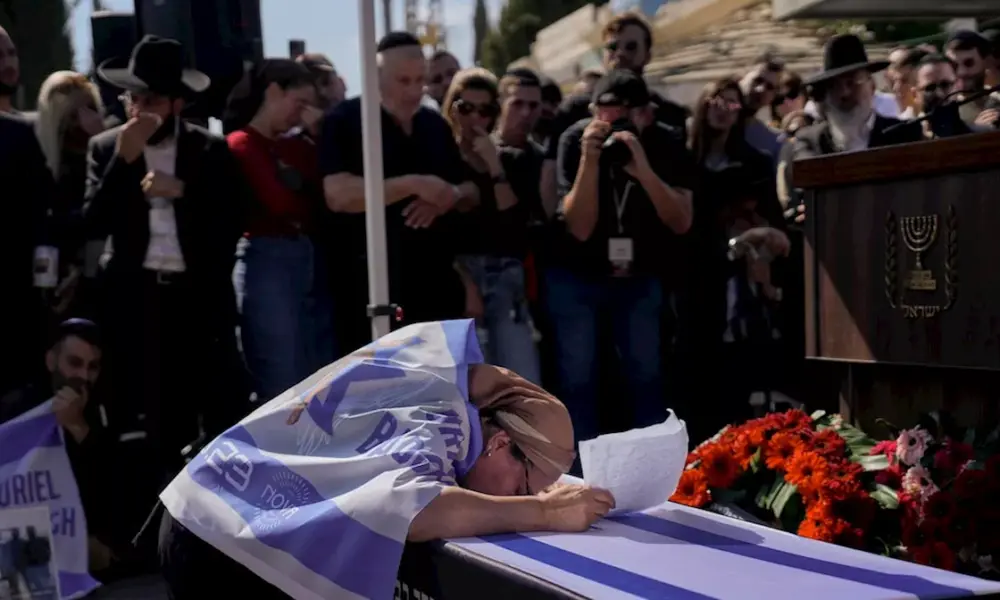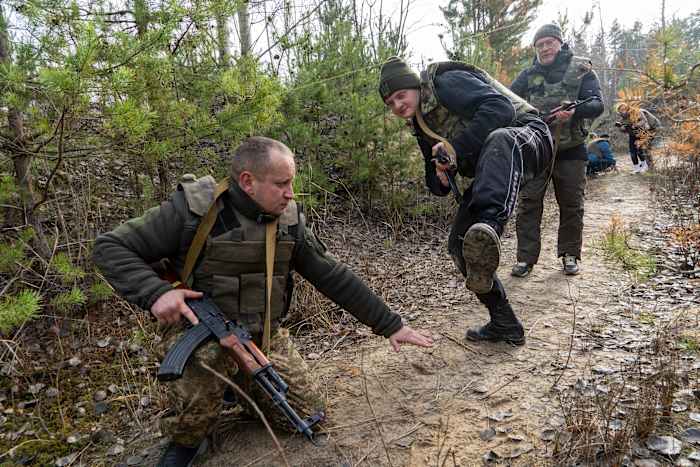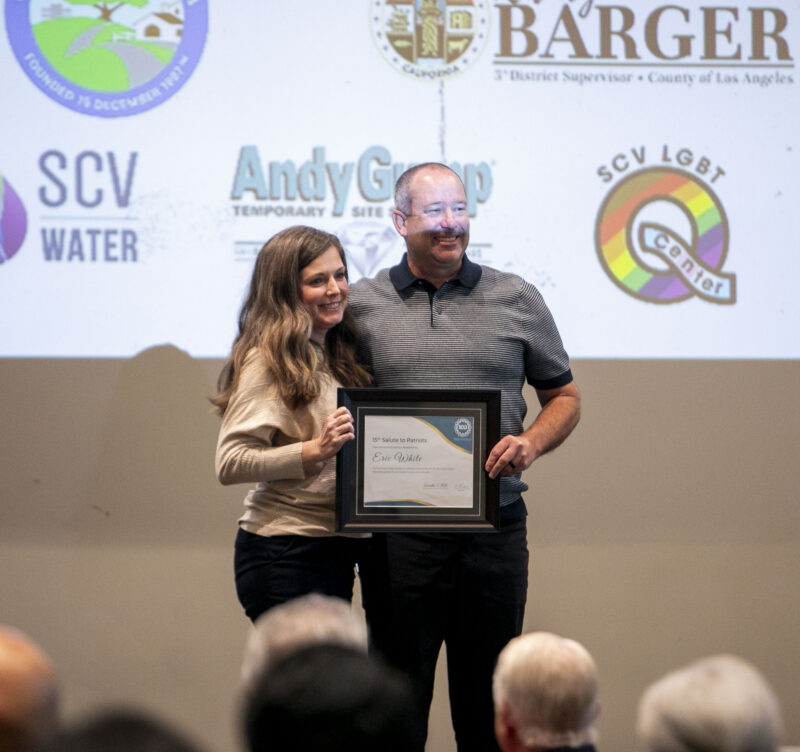UPDATE: The fragile cease-fire between Israel and Hamas is facing an urgent test following a deadly weekend marked by escalating violence. Two Israeli soldiers were killed in a missile attack on a military vehicle in Rafah, prompting swift Israeli airstrikes on Gaza, raising serious questions about the stability of the ten-day-old truce.
The Israel Defense Forces confirmed the incident, stating the missile strike was part of a broader pattern of aggression that threatens to unravel the fragile peace deal. In response, Israel launched a series of retaliatory strikes against buildings in Gaza, which it claims are used by Hamas, despite the group’s strong denials of involvement in the attacks.
This weekend’s violence underscores the delicate nature of the cease-fire, as Israeli officials have threatened to temporarily halt humanitarian aid to Gaza unless security stabilizes. However, they later agreed to allow aid to continue starting Monday, reflecting the urgent need for humanitarian support in the region.
“We have a little situation with Hamas, and that will be taken care of very quickly if they don’t straighten it out themselves,”
stated President Donald Trump during a press briefing on Monday, projecting confidence in the cease-fire’s durability.
Hamas has publicly denied any involvement in the missile attack, claiming it was executed by rogue militants outside their control, while maintaining their commitment to the cease-fire. Nevertheless, their recent actions, including public displays of power in Gaza, have raised alarm among mediators trying to stabilize the peace process.
Experts warn that Hamas’s reluctance to disarm and surrender control of Gaza could jeopardize future negotiations. Ariel Ahram, a Middle East specialist, noted, “Hamas and Israel both accepted the cease-fire proposal with a ‘Yes, but…’” highlighting the inherent tensions that persist.
Meanwhile, U.S. officials remain actively engaged in the region, with Jared Kushner and U.S. Special Envoy Steve Witkoff meeting with Israeli leaders to reinforce the peace agreement. The presence of high-level U.S. diplomats signals the strategic importance of maintaining stability amidst ongoing hostilities.
As the situation develops, mediators are convening in Egypt to discuss the implementation of the first phase of the peace plan. However, the timeline for formal discussions on subsequent phases remains uncertain. The United States continues to exercise its influence as a major donor and partner, seeking regional cooperation for reconstruction efforts in Gaza.
The urgent need for a sustainable resolution is apparent as both sides grapple with the complexities of disarmament and control over Gaza—a pivotal issue that remains unresolved. As violence flares, the world watches closely to see if the fragile cease-fire can withstand these critical tests.
Stay tuned for further updates on this developing story.







